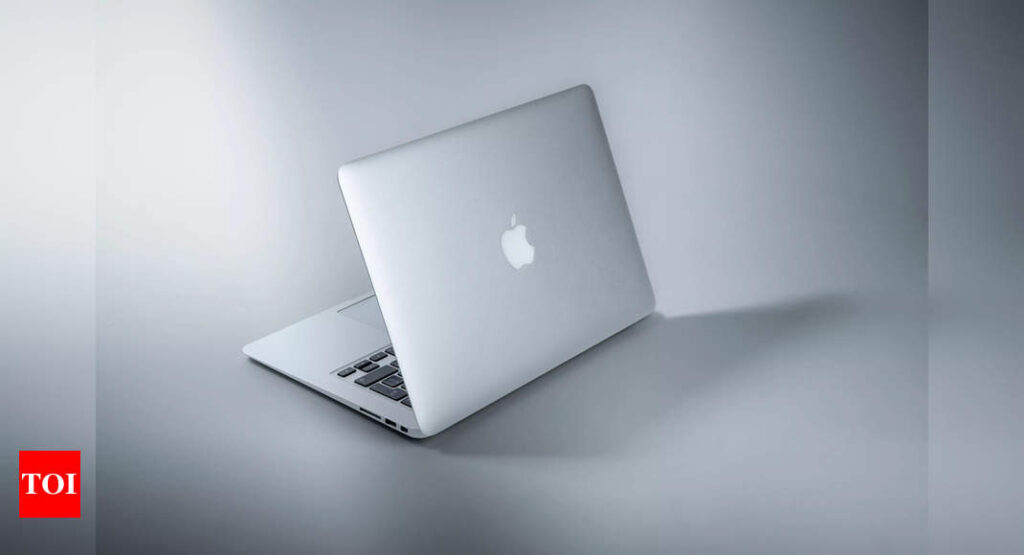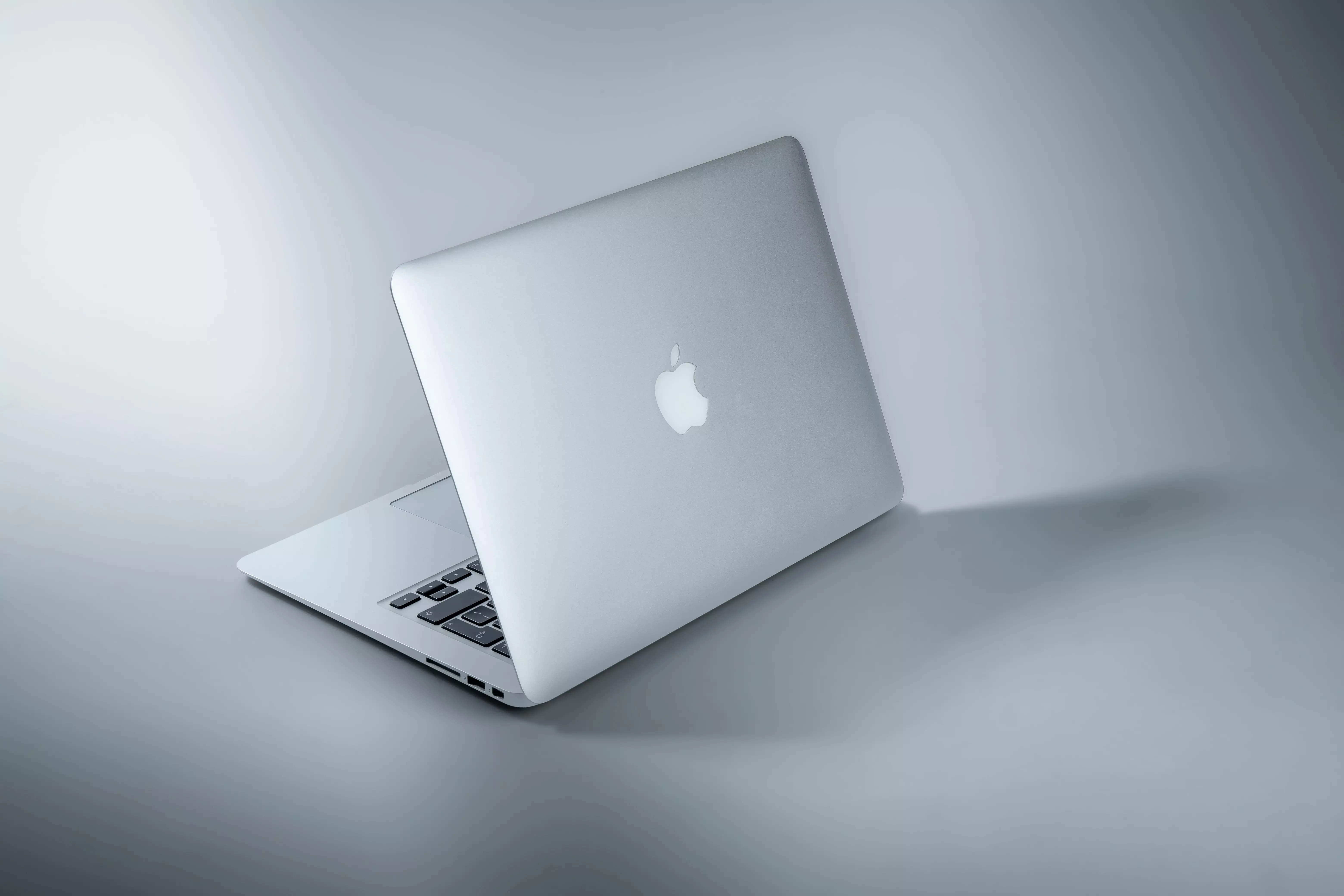[ad_1]
Almost two weeks back, the government of India announced new rules on importing laptops, tablets, and all kinds of computers. The idea is to promote made in India products and reduced the cost of these electronic items. The move clearly hasn’t gone down well with the likes of Apple, Intel and other US-based companies. According to a report by Bloomberg, Apple and others have urged the Indian government to reconsider its decision and written a protest letter.
The report states that about eight US-based trade groups have urged officials to urge India to reconsider the decision. The government of India has set November 1 as the deadline to impose the new rules.
According to the report, the trade groups — which Apple, Intel are part of — have said that the new licensing rules “could significantly disrupt trade, hamper efforts to more closely integrate India into global supply chains, and harm businesses and consumers in both countries.”
Why are the US trade groups complaining?
The trade groups have said that the rules will complicate operations for all the countries involved. “This potential will only be achieved if businesses have assurance about a predictable regulatory climate,” said the trade groups in the letter, as per Bloomberg.
In India, most of the laptops and personal computers sold are assembled in China. Only HP and Dell are among the few brands that offer made-in-India products. This is because China has a lower cost of labour than India, which makes it more cost-effective for companies to assemble their products there. However, with the imposition of new licensing rules, the government is betting on more companies manufacturing electronics items within the country.
Earlier, the government had said the ban would come into effect immediately. However, the date was then pushed to October 31. There has been no comment from the government of India as of now on the letter of protest signed by the eight major trade groups.
The report states that about eight US-based trade groups have urged officials to urge India to reconsider the decision. The government of India has set November 1 as the deadline to impose the new rules.
According to the report, the trade groups — which Apple, Intel are part of — have said that the new licensing rules “could significantly disrupt trade, hamper efforts to more closely integrate India into global supply chains, and harm businesses and consumers in both countries.”
Why are the US trade groups complaining?
The trade groups have said that the rules will complicate operations for all the countries involved. “This potential will only be achieved if businesses have assurance about a predictable regulatory climate,” said the trade groups in the letter, as per Bloomberg.
In India, most of the laptops and personal computers sold are assembled in China. Only HP and Dell are among the few brands that offer made-in-India products. This is because China has a lower cost of labour than India, which makes it more cost-effective for companies to assemble their products there. However, with the imposition of new licensing rules, the government is betting on more companies manufacturing electronics items within the country.
Earlier, the government had said the ban would come into effect immediately. However, the date was then pushed to October 31. There has been no comment from the government of India as of now on the letter of protest signed by the eight major trade groups.
[ad_2]
Source link











More Stories
Google Maps: Three privacy features coming to Google Maps on Android, iPhones
Most-Downloaded IPhone App: This Chinese app was the most-downloaded iPhone app in the US in 2023
Ukraine’s largest mobile operator goes offline for millions of users after cyber attack